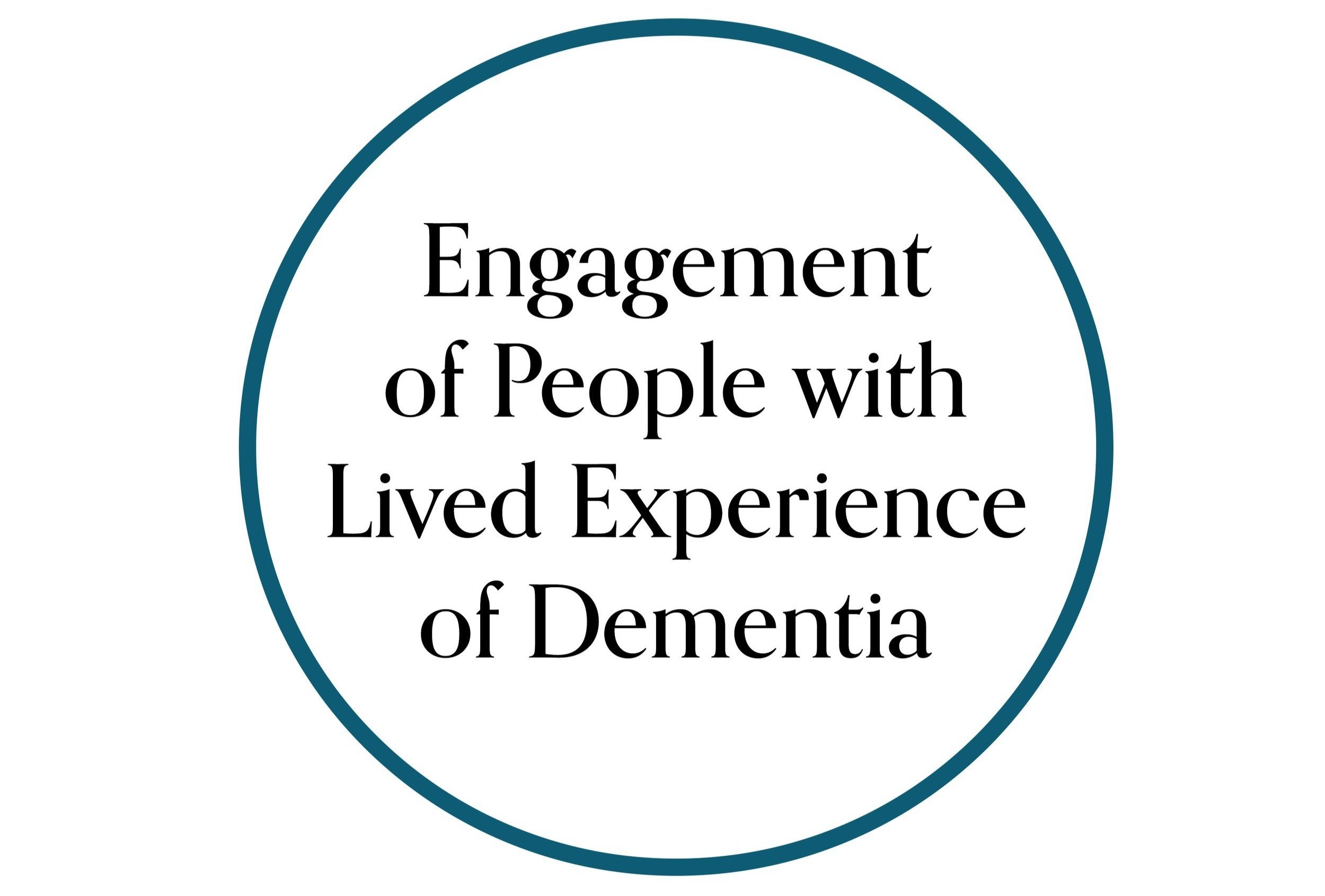
Getting Involved in Research
Are you someone living with VCI or a caregiver or healthcare worker helping those with VCI?
There are many benefits to and different types of opportunities to get involved in research. This includes to raise awareness of VCI, accommodation strategies for persons living with VCI, and preventive strategies to reduce the risk of VCI in the general population.
Why get involved in research as someone with lived experience?:
Help advance research in a meaningful way. Participating in research can help identify real-life changes and help identify biomarkers or treatments that would benefit other individuals with a similar lifestyle and/or condition.
Give your own point of view and investigate topics that matter for you. One can have an advisory role and help researchers to ask the right questions.
Some organizations offer opportunities to conduct research as a person with lived experience.
Participating in Research
The Alzheimer Society of Canada’s Research Portal connects researchers with Canadians looking to participate in research studies. On this website, find active studies that you can participate in to help advance research on dementia.
Advising on Research
A number of organizations have advisory boards for people with lived experience to act as collaborators in planning, conducting and communicating research.
EPLED: Engagement of People with Lived Experience of Dementia
EPLED’s aim is to support and include individuals with dementia and their caregivers, to be actively involved in research, and to spread awareness and information on dementia.
Alzheimer Society of Canada Advisory Group
The Advisory Group of People with Lived Experience of Dementia is the heart of the Alzheimer Society of Canada. Members make a significant impact on our work, including dementia research, education and advocacy.
Other resources to get involved in Canada:
Canada’s SPOR Support for People and Patient-Oriented Research and Trials (SUPPORT) Units: https://cihr-irsc.gc.ca/e/45859.html
SUPPORT Units provide specialized services throughout their regions to researchers, patients, clinicians, policy makers and SPOR-funded entities to conduct patient-oriented research.
REACH BC: https://reachbc.ca/
REACH BC connects BC volunteers and researchers to facilitate health research in the province.
University of Calgary’s Patient And Community Engagement Research (PaCER) Program: https://www.ucalgary.ca/patient-community-engagement-research
This program trains patient and community members to bring patient-informed health research evidence into health care planning, practice and policy.


